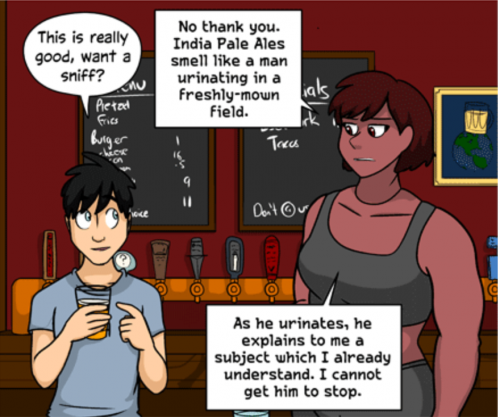Police raided a home near Los Angeles and uncovered a stash of thousands of guns. They’re currently sorting through them trying to figure out why this house needed that kind of armament.
My first thought: cat ladies. There is a kind of well known obsession where individuals collect cats, they overrun their homes, the person is unable to keep up with the filth they produce, and the animals are neglected and suffer, while the person insists that they love their animals and don’t want to be parted with them, all while their home becomes an unliveable hazard. This is not to imply that having cats is a mental health issue, but compulsive and excessive hoarding might be.
Maybe there should be a recognized problem like “crazy gun hoarder syndrome”. Affects mainly older men. Leads to houses cluttered with rifles and handguns everywhere, so many that they aren’t properly maintained and constitute a danger to the resident and the neighborhood. Makes everyone wonder why they can’t control their obsessions. Needs to be dealt with with sympathy and social treatment.
What reinforces that idea are some of the comments on that video.
‘Adam & Ramona’ are clearly in the early stages of the syndrome. No, you don’t need 20 rifles and 10 handguns. You certainly are within the allowed limits of the law, but you’ve got a problem. Before you defend yourself by saying you’re a “collector”, well, that’s not an escape clause. Collect things that don’t kill people, OK? Or maybe he removes the firing pins from his historical archive of period self-defense tools, which are all neatly stored with labels in locked cabinets.
‘P G’ might have a problem, too. The police find a house packed to the rafters with murder sticks, and you’re concerned that the murder sticks might get scratched? Your priorities are kind of messed up, guy.
They don’t even have feline toxoplasmosis to blame.
Alternatively, of course, maybe the house owner will turn out to be a far-right wannabe terrorist with grand plans to take over LA with a hodge-podge of guns. That’s not good either. Or he was a petty crook running an illegal gun store to sell to people who couldn’t even pass the minimal gun checks in our law. Also bad.
There’s nothing good about any of this!









